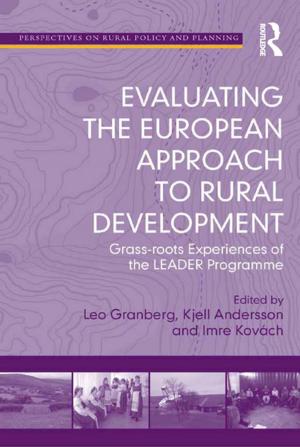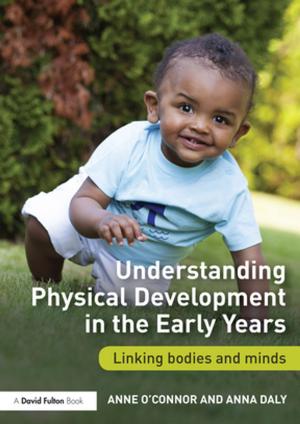Intelligence, Destiny and Education
The Ideological Roots of Intelligence Testing
Nonfiction, Health & Well Being, Psychology, Education & Training, Reference & Language, Education & Teaching, Educational Theory, Philosophy & Social Aspects| Author: | John White | ISBN: | 9781134203871 |
| Publisher: | Taylor and Francis | Publication: | April 18, 2006 |
| Imprint: | Routledge | Language: | English |
| Author: | John White |
| ISBN: | 9781134203871 |
| Publisher: | Taylor and Francis |
| Publication: | April 18, 2006 |
| Imprint: | Routledge |
| Language: | English |
The nature of intelligence and how it can be measured has occupied psychologists, educationalists, biologists and philosophers for hundreds of years. However, there has been little investigation into the rise of the traditional dominant educational ideology that intelligence and IQ have innate limits and are unchanging and unchangeable. This book traces the roots of this mind set back to early puritan communities on both sides of the Atlantic, drawing parallels between puritan dogma and the development of the traditional curricula and selection processes that are still firmly embedded in school practice today.
Drawing on the work of Galton, Pearson, Burt, Goddard, Terman and others in his search for the truth about intelligence testing, John White looks at the personal histories and socialised religious backgrounds of these key psychologists and casts an entirely new light on schooling in Britain and the USA in modern times. This work also shows how we can transcend this heritage and base our educational system on values and practices more in tune with the twenty-first century.
The nature of intelligence and how it can be measured has occupied psychologists, educationalists, biologists and philosophers for hundreds of years. However, there has been little investigation into the rise of the traditional dominant educational ideology that intelligence and IQ have innate limits and are unchanging and unchangeable. This book traces the roots of this mind set back to early puritan communities on both sides of the Atlantic, drawing parallels between puritan dogma and the development of the traditional curricula and selection processes that are still firmly embedded in school practice today.
Drawing on the work of Galton, Pearson, Burt, Goddard, Terman and others in his search for the truth about intelligence testing, John White looks at the personal histories and socialised religious backgrounds of these key psychologists and casts an entirely new light on schooling in Britain and the USA in modern times. This work also shows how we can transcend this heritage and base our educational system on values and practices more in tune with the twenty-first century.















